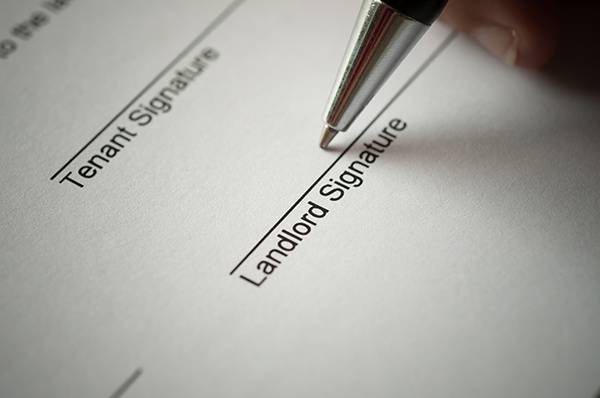
When you sign a commercial lease, your hope is probably that you and your landlord will co-exist in a state of perpetual harmony. However, that isn't always the case. Even in commercial properties, landlords and building managers can vary greatly. To protect yourself, consider working with your corporate real estate agent and your attorney to include some of these tenant-friendly lease terms in your next agreement:
Limited definitions of "premises"
When the property suffers a loss, like a fire or a leak, the bigger your space is, the more liability you have. For instance, if your premises includes the dumpster enclosure behind your retail space, your insurance would pay to repair damage from a fire in the dumpster. If you can have more of the space defined as common area, though, it becomes harder for a landlord to shift responsibility to you.
Broad (or nonexistent) "use" definitions
Use definitions define what you can do with your lease. The narrower they are, the less flexibility you will have to either modify what you do with your business or to sublease your space out. For instance, if your lease terms limit you to using an industrial space as a warehouse, the landlord could prevent you from installing a small call center or even a sales office in your space.
Managing management, maintenance and repair responsibilities
Shifting duties to the landlord have both advantages and drawbacks. The more responsibility you give your landlord for maintaining the space, the less opportunity he will have to make you do more yourself out of your own pocket. On the other hand, as you shift more duties to the landlord, you also leave yourself exposed to having expenses spiral out of control. Having lease terms that give you some ability to review and manage those expenses can protect you being overcharged. A "self-help" clause protects you by letting you fix issues that the landlord won't take care of and deduct the cost from your rent.
Liberal subleasing and assignment rights
The more flexibility that you can give yourself in your lease terms to sublease or assign your space, the easier it will be for you to conform your commercial real estate portfolio to your business's changing needs. A troublesome landlord can easily use technicalities to delay or prevent you from subleasing out a vacant space.
Requiring damage mitigation
If something goes wrong and you default on your lease, you don't want to create a situation where your landlord can lease your space vacant leaving you to run up bills. Lease terms that require damage mitigation will put the landlord on the hook to find a replacement tenant as quickly as possible, reducing your continuing liability.
Making the "loser pay" court costs
Sometimes, you run into a landlord that is not only troublesome but downright litigious. Adding a loser pays provision, also called a "prevailing party" clause, makes that whoever loses a suit has to pay both sides' court costs. That can help to keep litigious landlords in check.
Getting multiple pre-negotiated renewal options
While a troublesome landlord might be a reason to leave a space, some are just too good to leave. Getting multiple renewal options helps to keep you in control and if you can pre-negotiate the rent instead of resetting it to fair market value, you can usually avoid a lengthy and potentially expensive negotiation.
Check out these other articles:
3 More Tenant Improvement Myths
Tenant Tips to Thinking Like a Landlord
What Tenants Should Know about Rent Abatement








